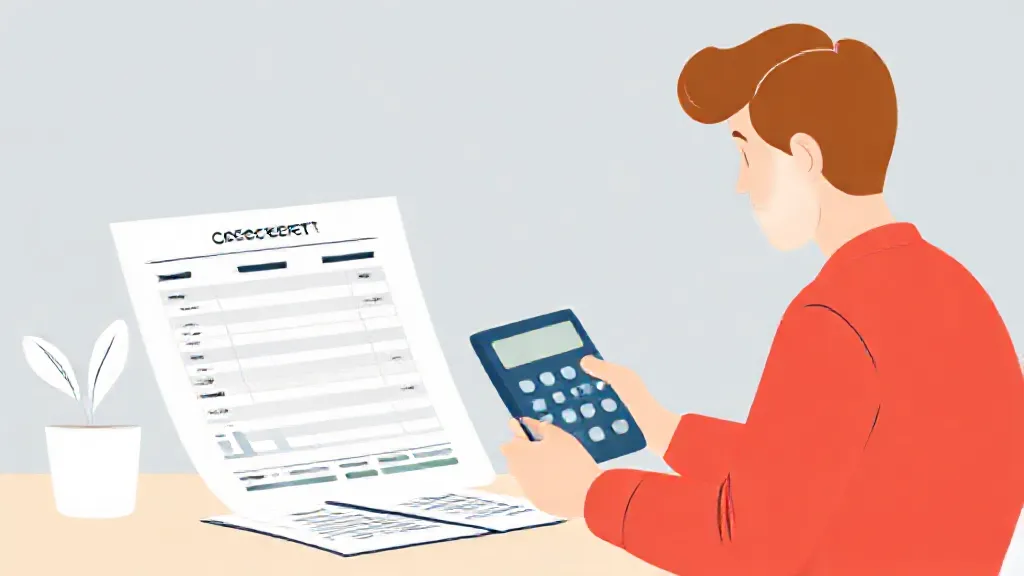Improving your credit score is a crucial step towards achieving financial stability. A higher credit score not only opens doors to better loan terms and interest rates but also enhances your ability to secure rental agreements and job opportunities. While credit scores can take time to build, there are several strategies you can implement to improve your score quickly.
Understanding Credit Scores
Credit scores are numerical representations of your creditworthiness, typically ranging from 300 to 850. They are calculated based on several factors, including payment history, credit utilization, length of credit history, types of credit in use, and new credit inquiries. Understanding these components can help you identify areas for improvement.
For instance, payment history accounts for 35% of your score, making timely payments a critical factor in boosting your score.
Check Your Credit Reports for Errors
One of the fastest ways to improve your credit score is to check your credit reports for inaccuracies. You are entitled to one free credit report per year from each of the three major credit bureaus: Equifax, Experian, and TransUnion.
Review your reports carefully for errors such as incorrect account information or late payments that were actually paid on time. Disputing these errors can lead to a quick increase in your score once they are corrected.
Pay Down High Credit Card Balances
Credit utilization, which is the ratio of your current credit card balances to your total credit limits, significantly impacts your credit score.
Aim to keep your credit utilization below 30%. If you have high balances, consider making larger payments or paying off your cards altogether. This can have an immediate positive effect on your credit score, especially if you can reduce your utilization ratio significantly.
Make Payments on Time
Timely payments are essential for maintaining a good credit score. Setting up automatic payments or reminders can help ensure you never miss a due date. If you have any accounts in collections, consider negotiating a payment plan with the creditor.
Once settled, you may request that they report the account as paid, which can improve your score over time.
Limit New Credit Inquiries
Each time you apply for new credit, a hard inquiry is made on your credit report, which can temporarily lower your score. To improve your score quickly, avoid applying for new credit unless absolutely necessary.
If you need to obtain new credit, try to do so within a short period, as multiple inquiries for the same type of credit can be treated as a single inquiry by scoring models.
Become an Authorized User
If you have a family member or close friend with a good credit score, consider asking to become an authorized user on their credit card. This allows you to benefit from their positive payment history and lower credit utilization without having to take on debt.
Ensure that the card issuer reports authorized user activity to the credit bureaus to see a potential increase in your score.
Diversify Your Credit Mix
A diverse mix of credit accounts, such as credit cards, installment loans, and retail accounts, can positively impact your credit score. If you currently have only one type of credit, consider adding a different type, but do so responsibly.
Opening new accounts should be done with caution to avoid unnecessary hard inquiries and debt.
Monitor Your Credit Regularly
Finally, regularly monitoring your credit score can help you stay informed about your progress and identify any potential issues early. Many financial institutions offer free credit score monitoring services.
Keeping an eye on your score will also motivate you to maintain good credit habits, such as paying bills on time and managing credit responsibly.
By implementing these strategies, you can see a noticeable improvement in your credit score in a relatively short period. Remember that while quick fixes can help, building a strong credit history takes time and consistent effort.
